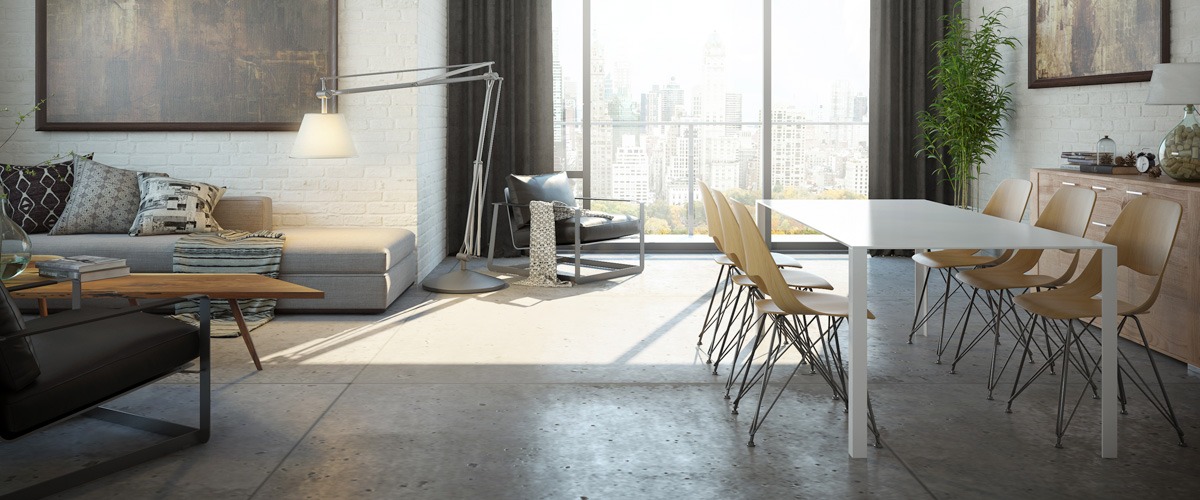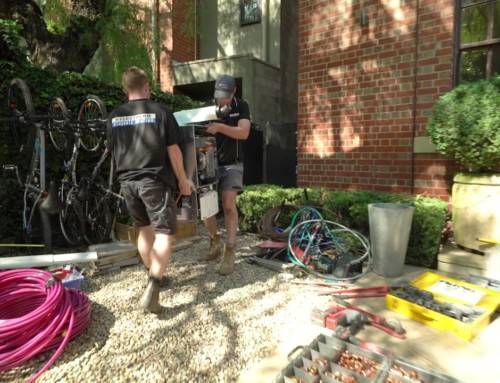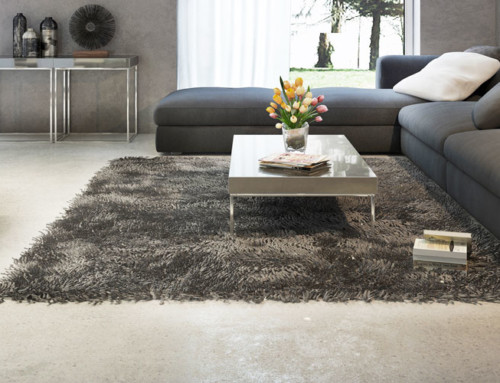Importance of Energy Efficient Appliances
In today’s constant struggle to do our part for the environment and remain environmentally responsible, actively choosing energy efficient alternatives has increasingly become the way to go. Although it may only seem like a small feat, the effects of choosing energy efficient options work to enhance conservation of resources as a way to achieve sustainable development.
In this article, we go through how to efficiently use your heating system. In-slab heating, otherwise known as radiant or hydronic underfloor heating, has been rated at the most energy efficient form of in-home heating. Through the distribution of heated water through concrete flooring in an upwards cycles, hydronic slab heating allows for even temperature distribution throughout the home’s floor. Choosing this form of in home heating as opposed to expelling warm air into the room minimises losing heat through ductwork, where hydronic underfloor heating is able to retain its heat and requires less heat needed to be produced in a period of time.
The main benefit of using energy efficient appliances includes minimising the use of natural resources. By choosing energy efficient alternatives, you are not only capable of reducing your energy bills, you are also able to conserve natural resources to improve and achieve long-term, sustainable development. It was also found that energy efficient facilities and appliances help to control and reduce the rate of pollution due to the amount of pollution and emissions created through other non-energy efficient amenities.
Hydronic Slab Heating
Hydronic slab heating, otherwise known as hydronic underfloor heating or hydronic floor heating, serves as the pinnacle choice for energy efficient home heating systems. Despite higher upfront costs, it is estimated that in-slab hydronic heating is approximately 30% cheaper to run than gas ducted heating systems or central heating. Hydronic slab heating works through heating up water with a gas boiler, where the water is then distributed through the flooring in an upwards cycle. With water being an excellent conductor, this process not only allows for even temperature distribution throughout the home’s floor, it also possesses the capability of retaining heat for longer, resulting in minimum heat loss.
In addition to this, hydronic slab heating is flexible in terms of its zoning abilities. Zoning involves the floor heating system automatically turning off once the room reaches a set temperature, where it only restarts when the temperature begins to drop – this helps to maintain and regulate the temperature of the room to keep it at a comfortable heat.
At Hydrotherm Hydronic, we offer Hydronic In-Slab Heating. Get in touch for a quote at [email protected], or speak to one of our experts on (03) 9464 4622 today!








